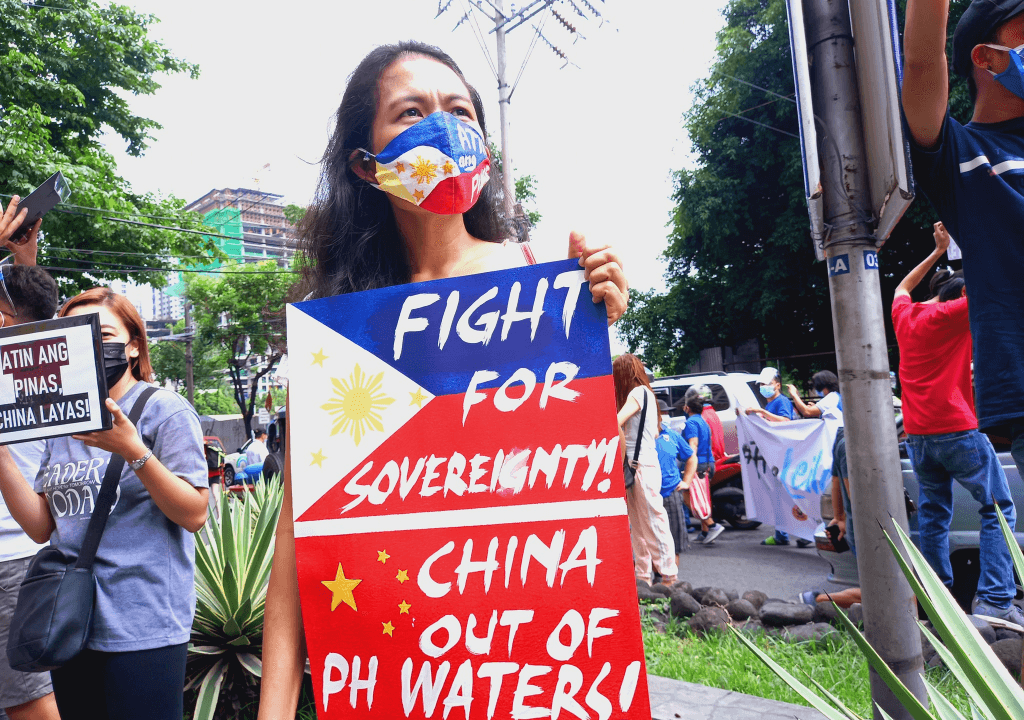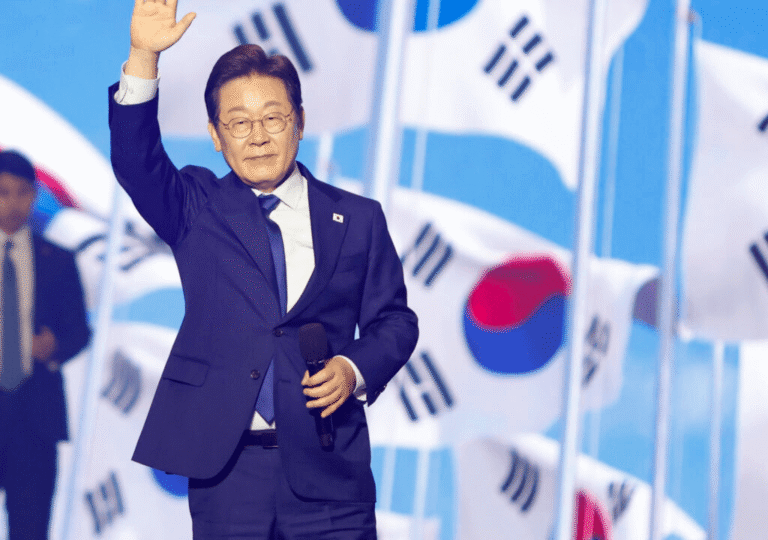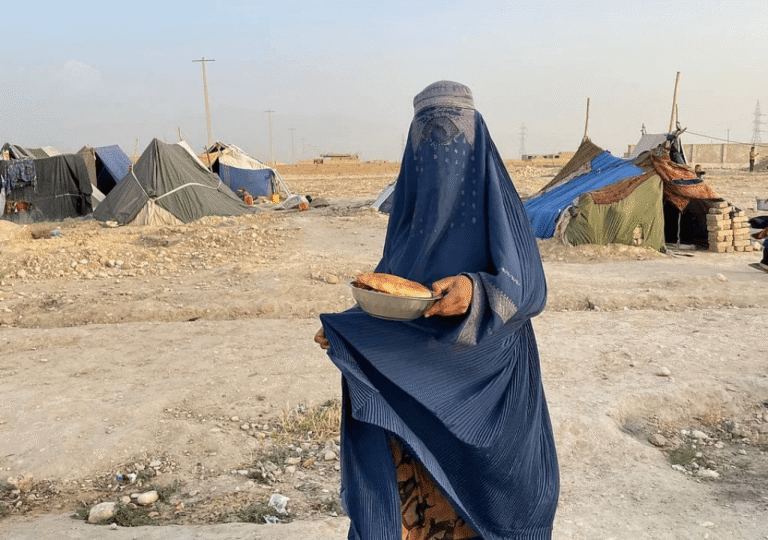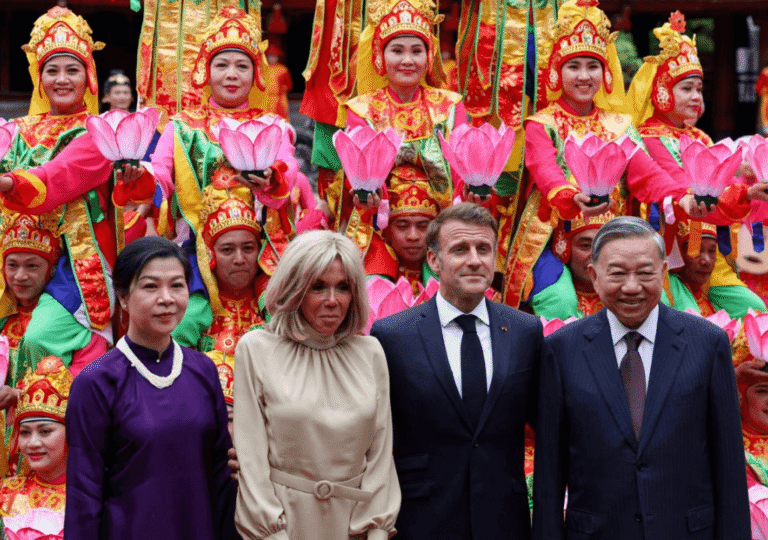Steadfast foreign policies are instrumental in bolstering the strength and reputation of each country. The United States maintains a consistent foreign policy stance regardless of whether it is led by a Democratic or Republican administration. In many developed democratic nations, policies remain stable across different administrations. However, in some countries, changes in governments and issues in domestic politics lead to significant shifts in foreign policies. Countries with flawed democracies and highly corrupted politicians are often known for making rapid policy changes or shifts in views. They may shift foreign policies to quell the people’s discontent with the ruling government. These shifts may lean towards the United States, China, or India, but regardless, they have a substantial impact on the nation. While some outcomes may be positive, many occasions result in negative effects on the nation, and sometimes, the entire region is affected.
The Philippines serves as a notable example of these political trends. It is a country where political dynasties, celebrities, and prominent families often wield significant influence over the political sphere, which is rife with corruption. The Philippines is traditionally allied with the United States and in contention with China over the disputed South China Sea. The Philippines and the People’s Republic of China are at odds over the Scarborough Shoal, the Spratly Islands, and the Camago and Malampaya gas reserves. However, China’s economic growth in the 2000s also impacted Philippine politics, leading to a shift in policies favoring China. The former president Rodrigo Roa Duterte, was accused of favoring China, deviating from the conventional strong alliance with the US. Allegations suggest that Duterte aided China in advancing its efforts in the South China Sea by forming an unofficial alliance with the country.
Actually, a hornet’s nest was created by the purported “Gentleman’s Agreement” between China and the Philippines regarding the South China Sea during the previous Duterte administration. Harry Roque, a former presidential spokesman, contended that the unofficial agreement was designed to maintain the status quo in turbulent areas, such as the Second Thomas Shoal. The agreement was referred to as a “Disguised Surrender” of the nation’s sovereign rights within its exclusive economic zone by retired Associate Justice Antonio Carpio of the Supreme Court. Many important figures requested an inquiry over this agreement. It was deemed “Treasonous” by Senator Ana Theresia Hontiveros, who also requested an investigation. The covenant purports to require Manila to promise not to transfer building supplies to support its outpost in the low-lying Second Thomas Shoal, which is a corroding beached ship. Opponents claim that it gives Beijing more leverage.
It was clear that Duterte favored China by deviating from the conventional US-favored policy. Even though Duterte didn’t sever the US relationship, his closeness to China definitely affected the relationship with the US. The current president Bongbong Marcos, is shifting the policy back in favor of the US, which makes China more aggressive. Many believe that Marcos’s return to a policy favoring the United States is part of the growing tension between the current and previous presidents; their disagreement became apparent to the public. The “Gentleman’s Agreement” was withdrawn, but the sudden changes show how short-sighted Philippine foreign policy has become. Indeed, domestic politics are affecting the Philippines. A political alliance with Beijing in the previous government was undoubtedly in the interest of politicians, even though it is evident that China wants to increase its territory and does not share the Philippines ambitions. Politics also plays a role in the current movement towards the US. We can predict that there is a chance that the future president will alter these policies.
Under the new president, it appears that the Philippines is heavily leaning on the United States; they have entered into numerous agreements with the United States, and Biden recently announced a commitment to protecting the Philippines along with Japan. It’s clear that there will be a warming of the relationship between the United States and the Philippines as the Chinese economy shows weakness, and there will be no switching. However, if the government fails to address the people’s issues, opposition may sometimes bring China back into the scenario. Nevertheless, it’s certain that Philippine politics contribute significantly to the country’s problems.








